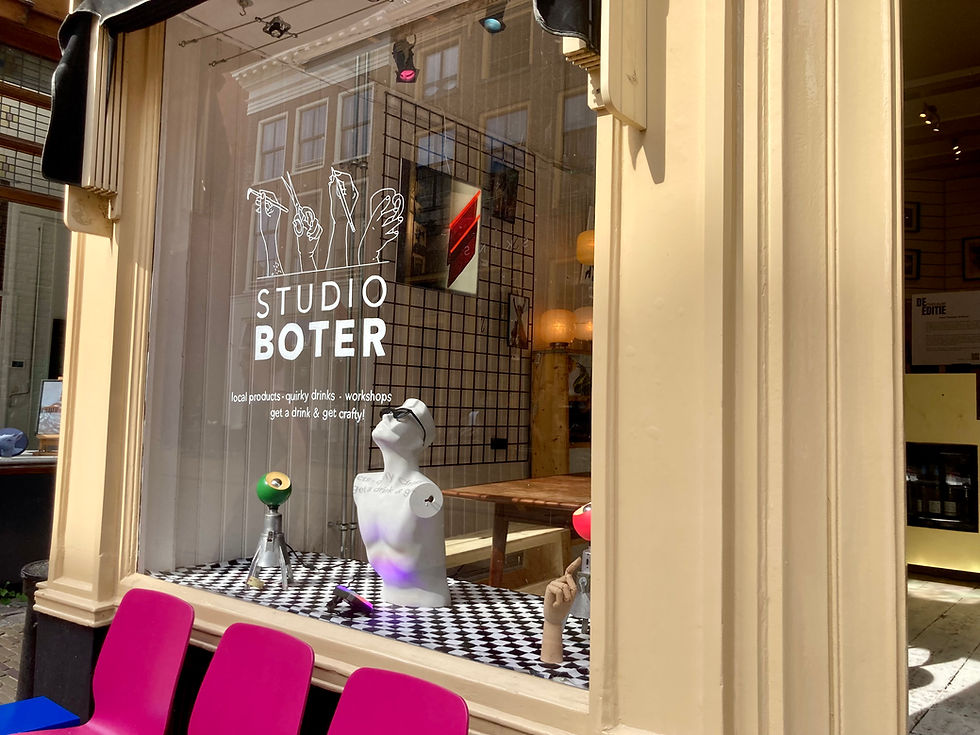Small-Scale Sustainable Farming is Fighting for Its Place in Society
- Sophia von Seebach

- Oct 3, 2024
- 2 min read

Although small-scale farming is slowly disappearing from the global markets, some growers continue to fight for their place amongst an increasingly competitive market. De Stadsakker, a nursery and gardening shop, not only sells fresh produce, but the owners of the shop have been producing their own product for 10 years from their local farm in Hoogkerk.
Small-scale farming has been slowly gobbled up by large-scale farming companies over the last several years. According to the European Parliamentary Research Service (EPRS), small farms make up the majority of the EU’s 10 million farms. However economic pressures, globalization and the ease of wholesale produce sale is forcing many small-scale farmers to close or to sell their holdings. But Merlijn Albering, seeing this trend, decided to start a farm to become a source of local and sustainable produce.
Albering said that she saw a gap in the market within her own community and felt called to fill it. “I think big-scale farming is not sustainable,” says Albering. “I think that’s not the future of farming. The only way small-scale, local farming can exist is to just start.” Albering’s family-owned farm not only supplies the store with produce, but individual local customers and other small businesses, including Lente, another produce shop.

"Big-scale farming is not sustainable"
Small, local farms are often more sustainable in practice than large, industrialized farms and feed approximately 3 billion people in rural areas worldwide, reports EPRS. The EU is discussing the benefits of promoting small scale-farming over industrial, however due to the convenience of large-scale farming, smaller farms still face large obstacles. The EPRS said this makes the future of small farms ‘uncertain’.
“Of course it’s easier to grow grain and wheat on a big scale, but you have to do it local,” Albering says. She says that farming locally is also a more sustainable option, not just because of their farming methods, but because of their proximity to their customers.
The produce imported from large-scale farms, or other countries, requires the use of more fuel and transportation devices, whereas produce from small-scale operations can be delivered with smaller vehicles, or bikes.

Albering, who’s produce is biked daily to De Stadsakker, said that small farms also do not need to add preservatives the way that industrial farms do. “It’s not as preserved,” she said, emphasizing the ability to deliver farm-to-table produce.
Although small farms are not as plentiful as they once were, there are still a large number of these growers. Many feel that their contributions to the markets are not just economic in nature, but also social.”I think it’s important,” said Albering. “I really do something useful, growing for my customers.”



Comments